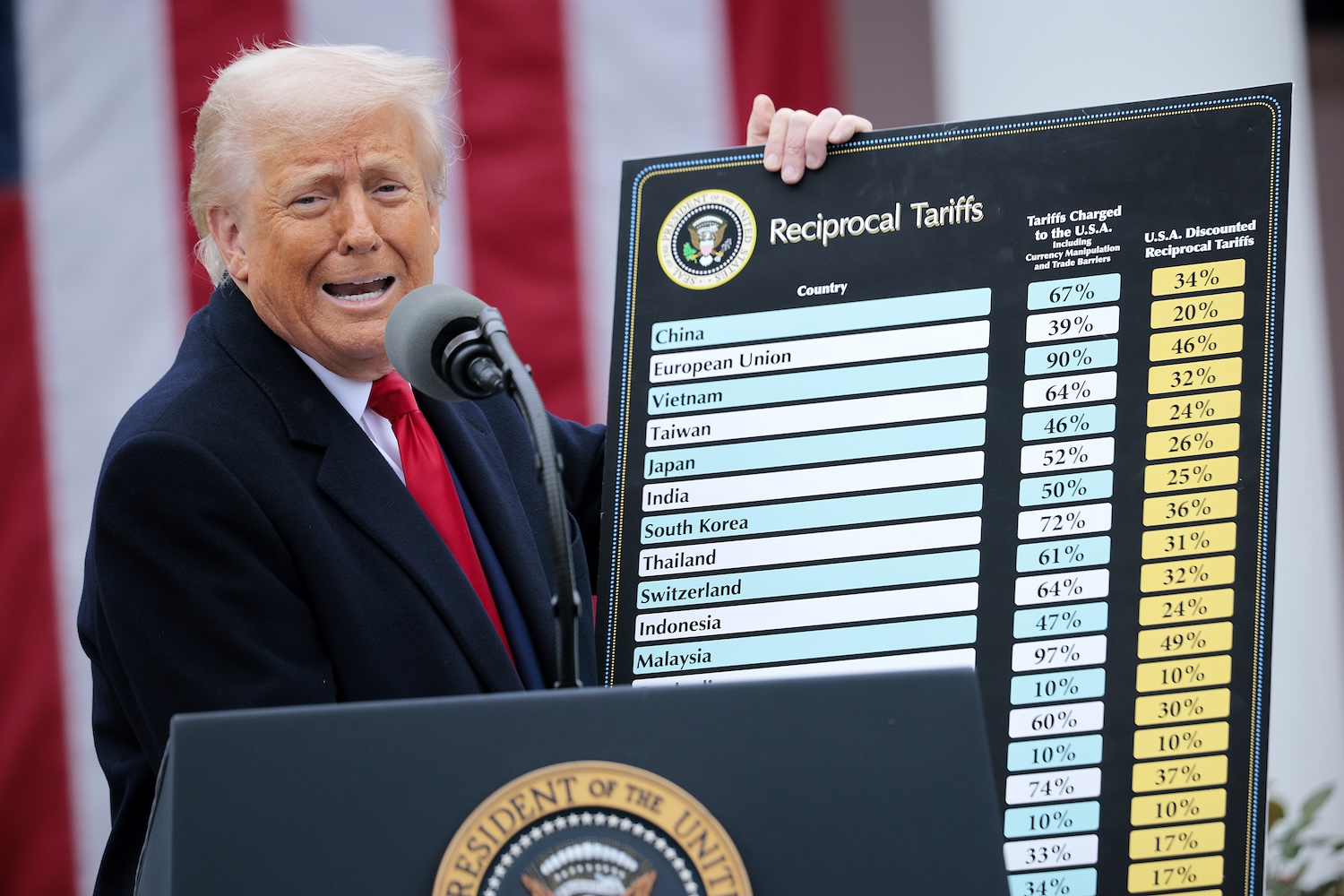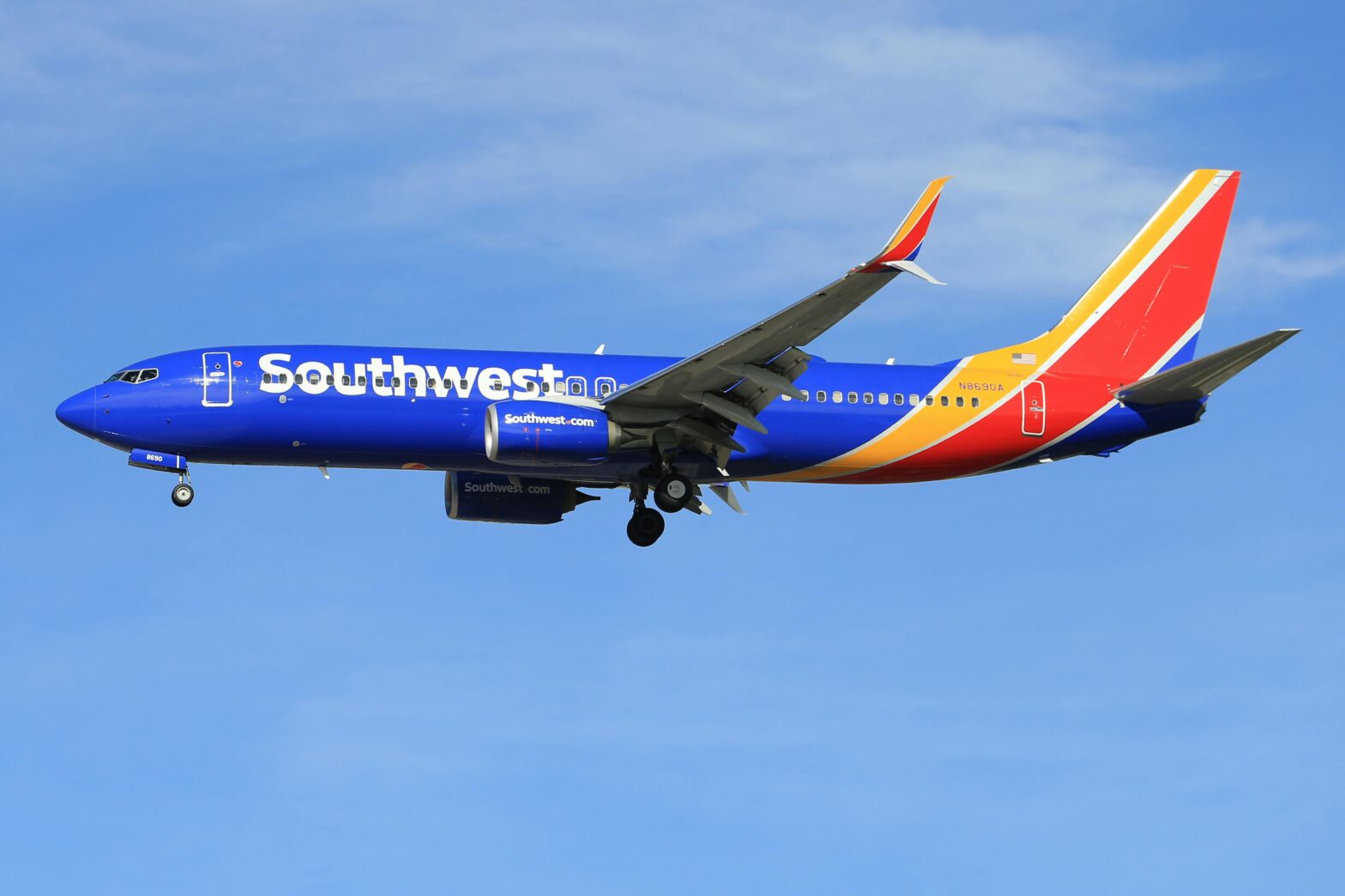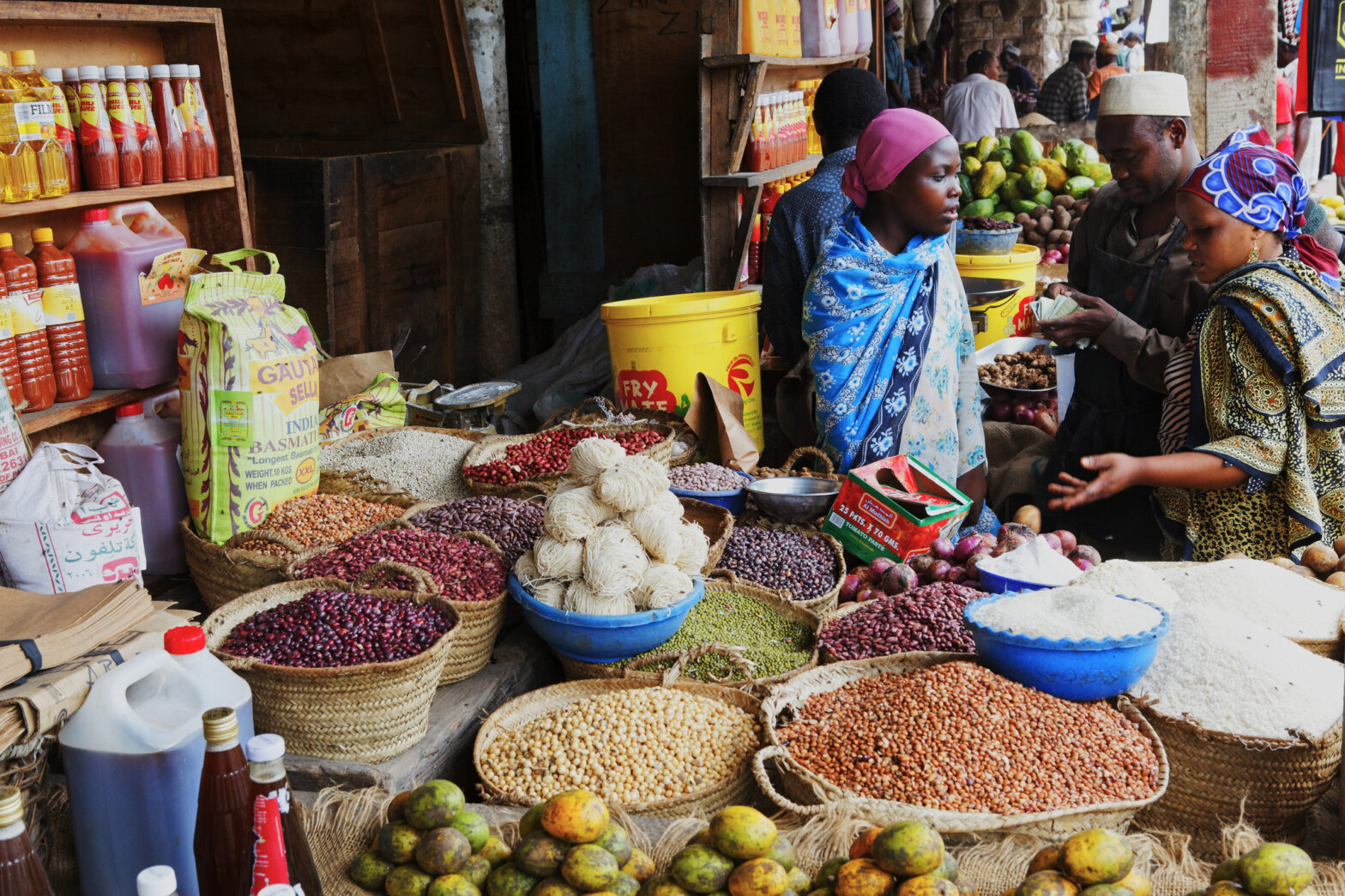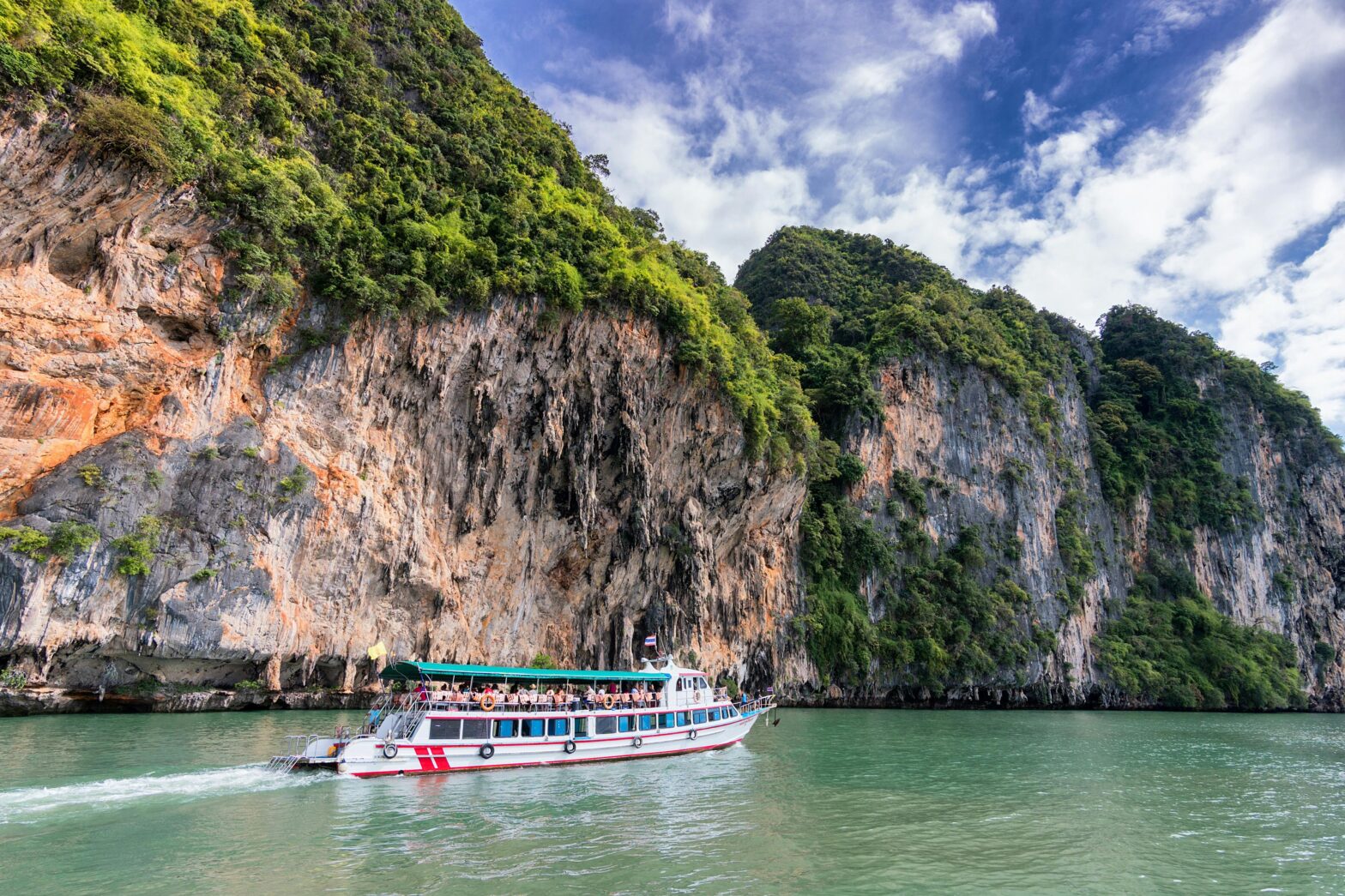In a move President Donald Trump is referring to as “Liberation Day,” the United States announced a new trade policy on April 2, consisting of tariffs on all its trading partners across the globe.
There will be a baseline 10% tariff on all imports coming into the United States beginning April 5. Dozens of other nations will face additional reciprocal tariffs starting April 9.
The List Of Reciprocal Tariffs By Country
In total, approximately 90 countries were named in the policy as targets for increased tariffs. This marks one of the most sweeping trade actions in U.S. history.
What Else Should I Know?
Per The Hill, Russia, North Korea, Cuba, and Belarus will not face reciprocal tariffs. A White House official reportedly told the publication that those four countries “are already facing extremely high tariffs, and our previously imposed sanctions preclude any meaningful trade with these countries.”
China, one of the U.S. biggest trading partners, faces a 34% reciprocal tariff added to the existing 20% tariff, meaning 54% total. All countries within the European Union face 20% in import tax. Other countries hit hard with the reciprocal tariffs include Cambodia (49%), Laos (48%) and Vietnam (46%). Lesotho and Saint Pierre and Miquelon received the highest reciprocal tariffs, each receiving a 50% tariff.
The White House’s designated fact sheet notes the Trump administration‘s feeling that the tariffs will bolster domestic manufacturing, “ensure fair trade,” and lessen the country’s trade deficit. Per the document, the tariffs will be in place until Trump thinks they’re no longer needed. The policy could spark trade wars, as Trump may adjust a country’s tariffs based on its response. Some resources were spared from reciprocal tariffs, including copper, pharmaceuticals, and lumber, among others.
“Reciprocal. That means they do it to us, and we do it to them,” Trump said in his April 2 tariffs announcement, per CBS News.
How Might The Tariffs Impact Travel And Hospitality?
According to Skift, while the Trump administration’s new tariffs don’t directly impact the travel industry, the latter may experience indirect blows. Per the source, “rhetoric around trade wars” may dissuade international travelers from coming to the U.S., opting instead to invest that money domestically or elsewhere. The occurrence has already made headline news as Canadians cancel trips to the U.S.
The possible shake-up in travel may include increased costs in aviation manufacturing. Due to the import tariffs, hotel construction and furnishing could become more costly. Moreover, America itself could become a more costly destination to visit.
Also, if trade wars ensue, things Americans enjoy at home and on domestic vacations may become more expensive, including imported wine, food, and cars.





